Fruit, Vegetable and Ornamental Production
-
 New
NewPlant disease losses in 2023, including control costs, amounted to an estimated $715.43 million. The value of the crops used in this estimate was approximately $6863.22 million, resulting in a 10.42% relative disease loss across all crops included in this summary. The estimated values for most crops used to compute these disease losses are summarized in the UGA Center for Agribusiness & Economic Development 2023 Georgia Farm Gate Value Report (AR-25-01). Some estimates for fruits, ornamentals, and turf rely on Extension specialists’ knowledge of the industry and industry sources for information. Because of the retirement of the Extension specialist for ornamental and commercial landscapes, disease losses for this category could not be included in the report.
Ruchika Kashyap, Phillip M. Brannen, Timothy Branner Brenneman, Bhabesh Dutta, Ganpati Jagdale, Robert C Kemerait Jr, Alfredo Martinez, Jonathan E. Oliver, and Laxmi Pandey
|
-

This resource describes whiteflies and the damages they cause in cucurbit crops, and offers recommendations for cucurbit crop varieties for fall season production in southern Georgia that are resistant or tolerant to silverleaf disorder and whitefly-transmitted viruses.
Nirmala Acharya, Ted McAvoy, Sudeep Bag, and David G Riley
|
-
 New
NewThis is an annual report highlighting research conducted on Vidalia onions in recent years. Research topics include: variety trials, irrigation and fertilizer strategies, sulfur content in soils, effect of fertilizers on yield, thrips, factors affecting postharvest incidence of bacterial bulb rot, and Botrytis leaf blight.
Ted McAvoy, Christopher Todd Tyson, Luan Oliveira, and Daniel L. Jackson
|
-
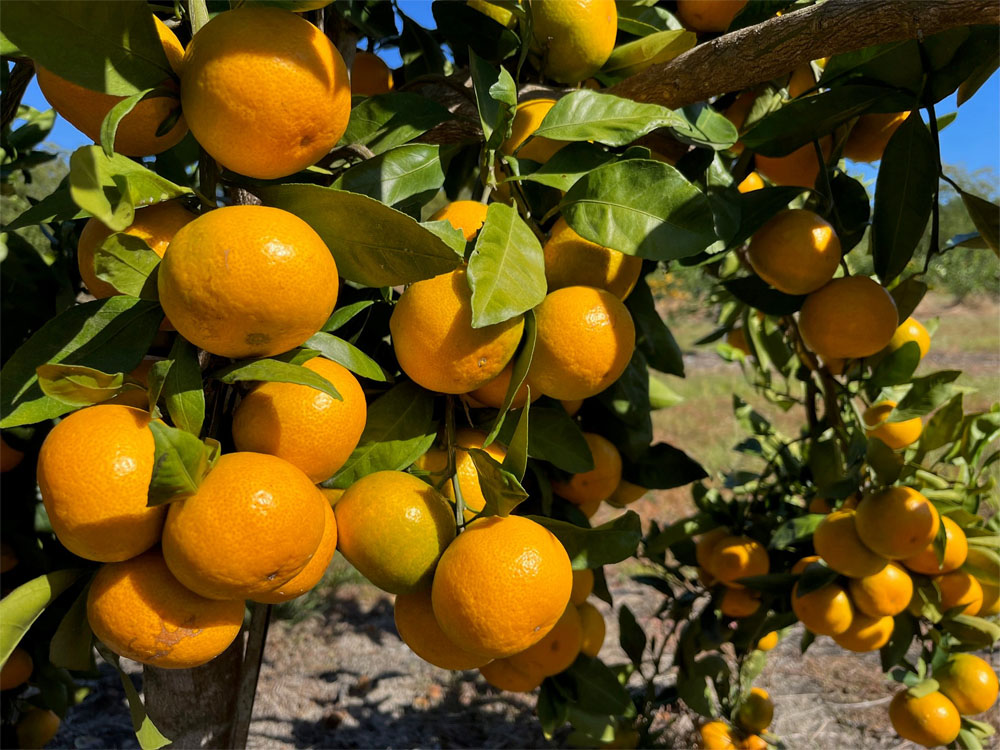
Satsumas are one of the most cold-hardy of all citrus and very adaptable to Georgia, but very little is known about growing citrus in Georgia. Commercial growers and residents often ask which early-maturing varieties are best to grow, so we evaluated juice from 12 early-maturing satsuma varieties. The varieties with the highest Brix content and best peel color are listed in this resource.
Jake Price, Mary Sutton, Joshua Dawson, and Jacob Kalina
|
-
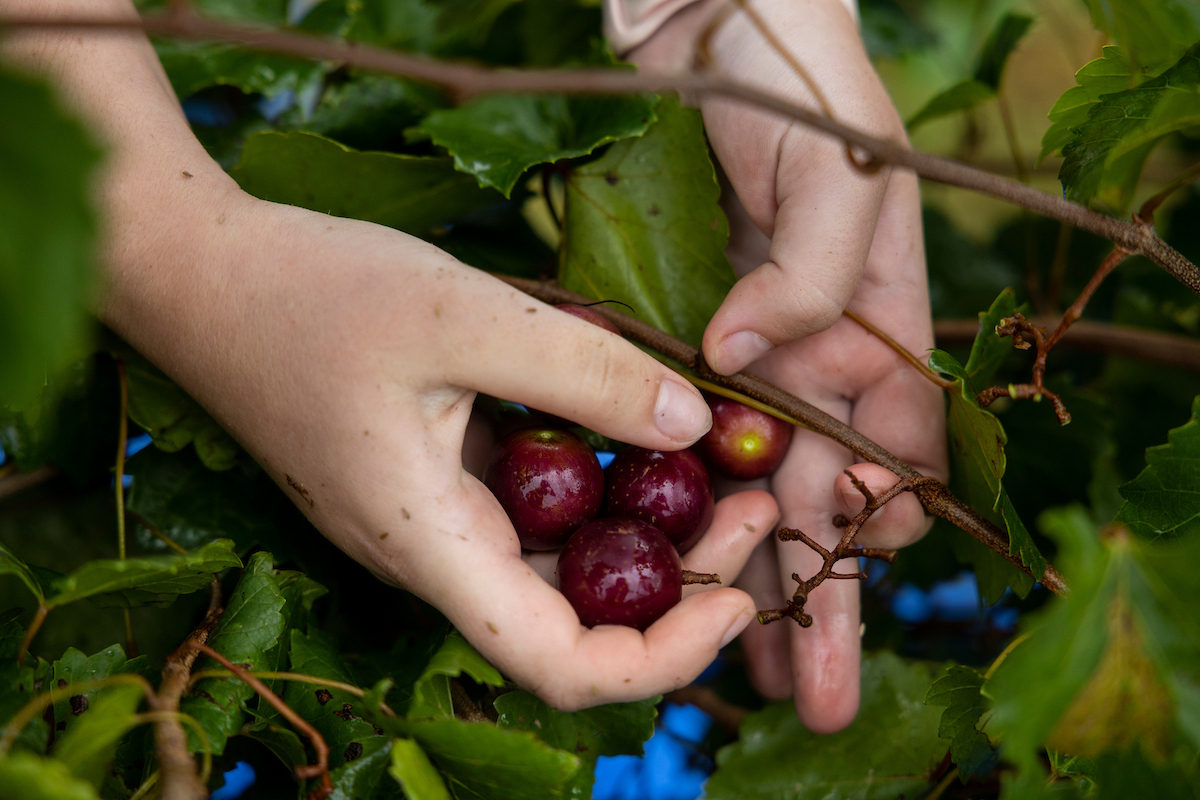
This resource will guide vineyard managers through tissue sampling to determine grapevine nutrition, which is the most reliable way to obtain information to guide fertilization decisions. We cover techniques and considerations to help make sure that vineyards can collect the material efficiently and effectively.
Bijaya Ghimire and Sarah Lowder
|
-
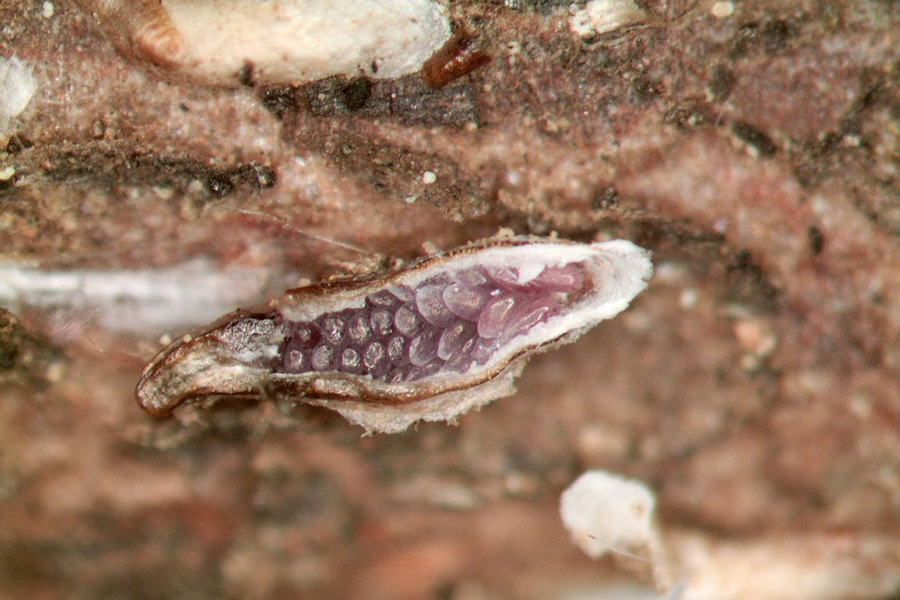
Japanese maple scale is an insect pest of Japanese maples and several other ornamental tree species that secretes a detached waxy shell that covers the body. Infested trees in the landscape reduce the value of the property, and in nurseries, an infestation affects the marketability of the trees. This publication covers identification and management of this pest.
William G. Hudson and Shimat V. Joseph
|
-
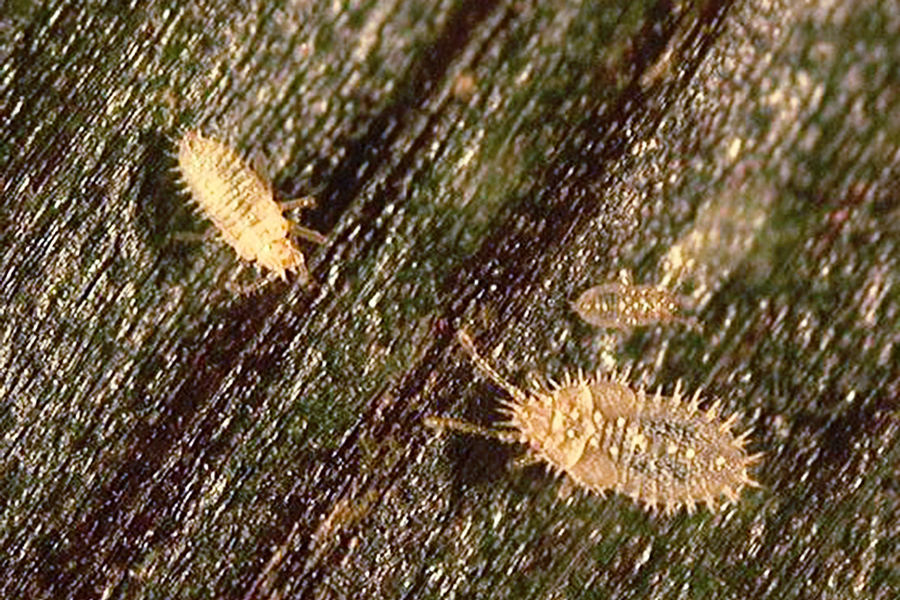
The grass lace bug is a pest of ornamental grasses in Georgia and thrives in warm, dry conditions. This publication provides information about how to identify and manage this pest.
William G. Hudson, S. Kris Braman, and Shimat V. Joseph
|
-
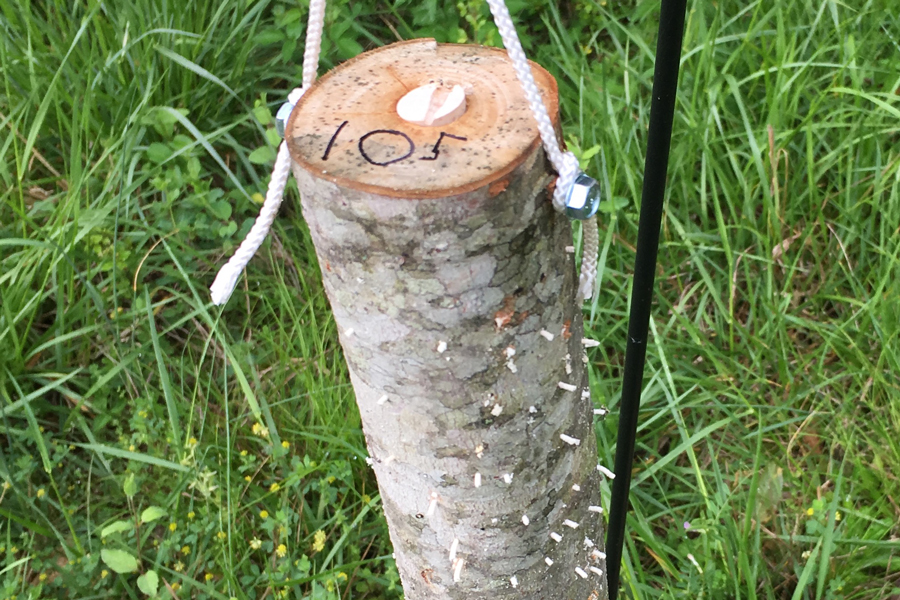
The granulate ambrosia beetle (previously known as the Asian ambrosia beetle) is a serious pest of woody ornamental nursery plants, fruit trees, and shrubs in Georgia. This publication provides information on identification and biology, host plants, damage symptoms, and control strategies for this aggressive pest.
William G. Hudson, Paul Pugliese, and Shimat V. Joseph
|
-
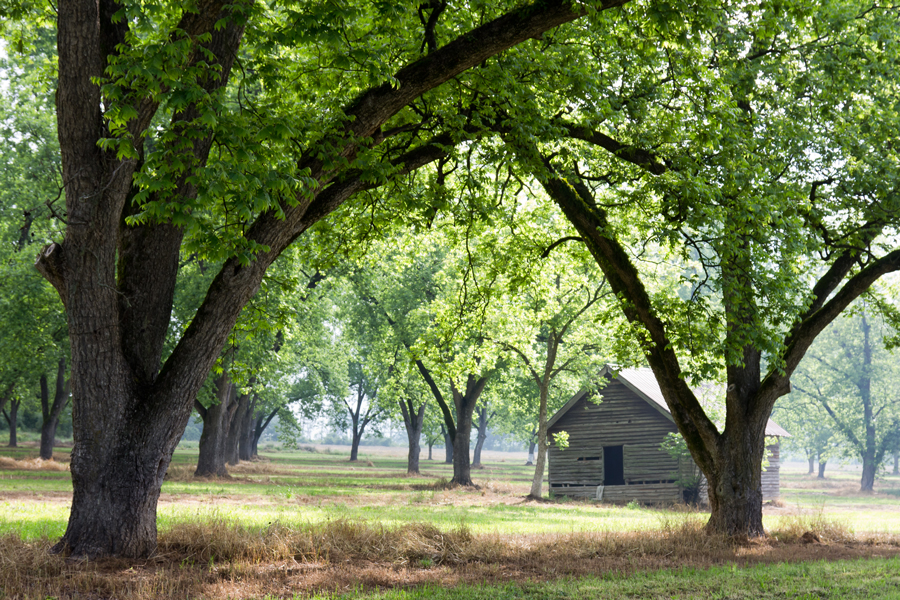
Many residents and properties in Georgia have a significant number of pecan trees or small backyard orchards. While pecan trees in commercial orchards are meticulously managed, noncommercial growers encounter challenges in applying the same level of intensive management to their own pecan trees. This guide provides essential tasks specifically designed for the care of these backyard trees.
Lenny Wells, Andrew Sawyer, Apurba Barman, and Robyn Stewart
|